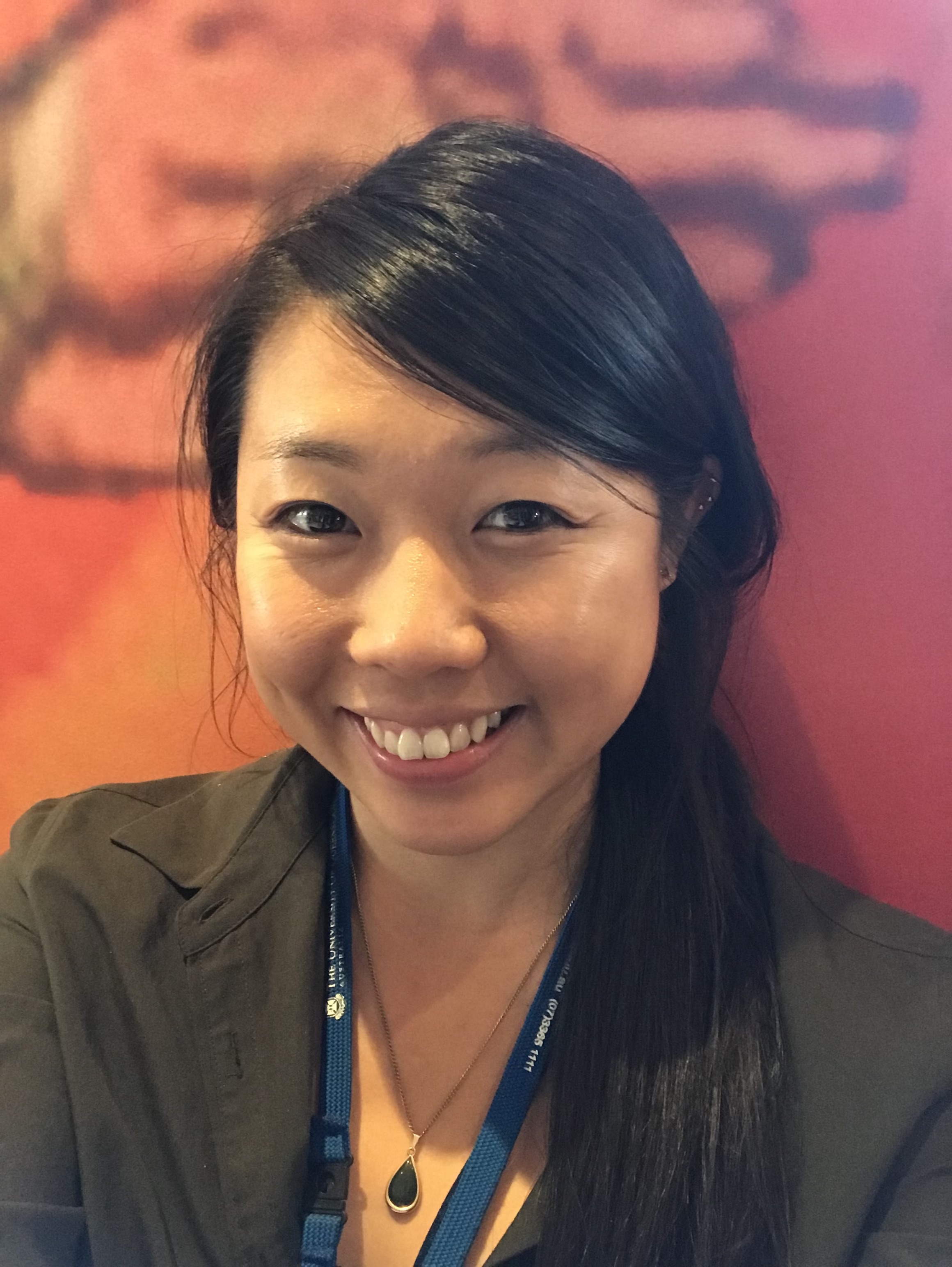 One in three stroke survivors have difficulty using and understanding words.They have a language impairment called aphasia.
One in three stroke survivors have difficulty using and understanding words.They have a language impairment called aphasia.
Alongside rehab, people living with post-stroke impairments want information about the prognosis. They want to know what to expect in terms of how much and when recovery might occur.
Recovery is often unpredictable, yet having hope is as important as having realistic expectations.
Adjusting to life after stroke can be a difficult and emotional process. Sometimes, people don’t want, or aren’t ready, to know how much and when things might, or might not, get better.
Sometimes, these conversations can be emotional or even traumatic. But, when done properly, conversations about prognosis could be a way to help someone adjust to life after stroke. It could also be a way to know who needs more specialised help.
 There’s no one right way to talk about how much and when things might get better after a stroke, but conversations about prognosis should never put a full stop on the possibility for improvement.
There’s no one right way to talk about how much and when things might get better after a stroke, but conversations about prognosis should never put a full stop on the possibility for improvement.
In fact, they shouldn’t need to. Having hope that things can continue to get better is realistic.
That’s because life after stroke can get better in many ways and on many levels, even if an impairment isn’t cured.
The important thing is for there to be a trusting and therapeutic relationship between a patient and their therapist. One where they reach the same understanding about what’s important to the patient. One where they set and work towards therapy goals together, as a team. And one where there’s an ongoing conversation about a personally meaningful version of recovery.
After a stroke, people want to know when things will go back to normal. But, actually, it’s about finding a new normal.
 Dr Bonnie Cheng from UQ's School of Health and Rehabiliation Sciences is a qualified speech pathologist with a PhD in the area of clinical communication. Her doctoral research investigated what and how prognostic information is communicated in the rehabilitation setting for stroke recovery, particularly exploring the complexities of balancing hope, expectations, and uncertainty. Her research expertise includes interview- and survey-based studies, qualitative thematic analysis, and working with clinically vulnerable populations such as people with language impairment. She has also led industry-based projects including the co-design of plain language health information resources.
Dr Bonnie Cheng from UQ's School of Health and Rehabiliation Sciences is a qualified speech pathologist with a PhD in the area of clinical communication. Her doctoral research investigated what and how prognostic information is communicated in the rehabilitation setting for stroke recovery, particularly exploring the complexities of balancing hope, expectations, and uncertainty. Her research expertise includes interview- and survey-based studies, qualitative thematic analysis, and working with clinically vulnerable populations such as people with language impairment. She has also led industry-based projects including the co-design of plain language health information resources.



